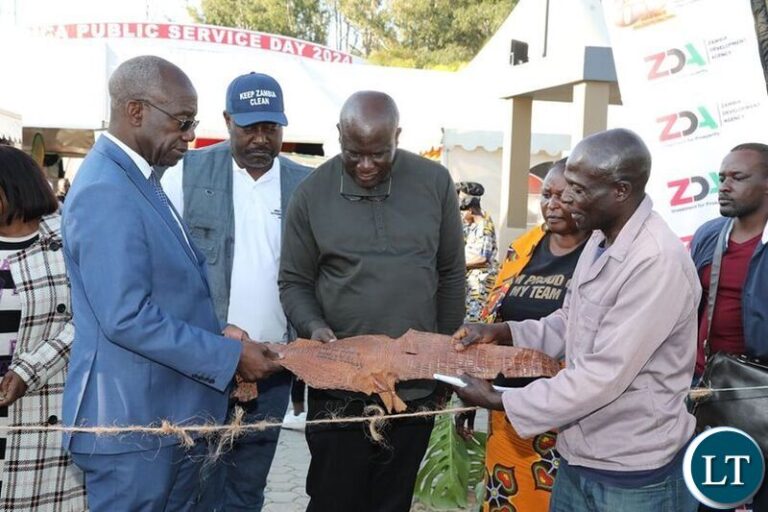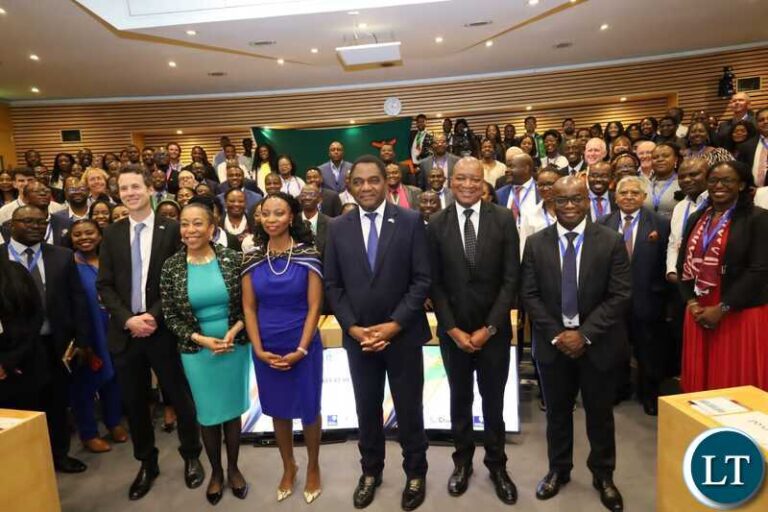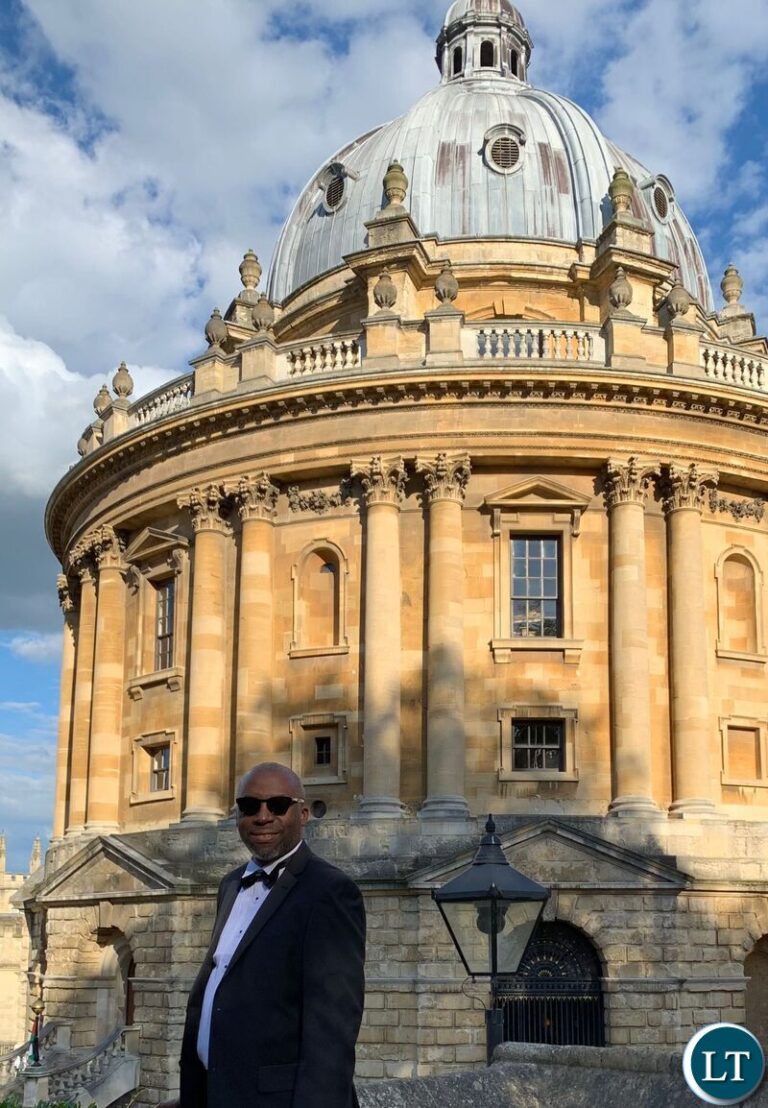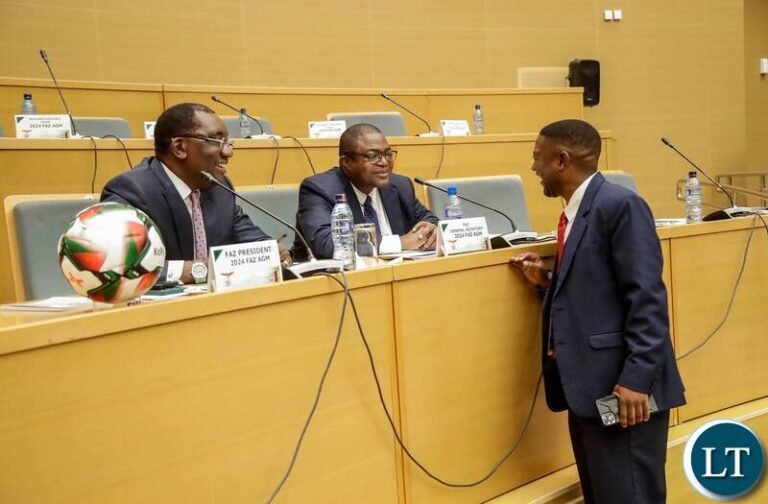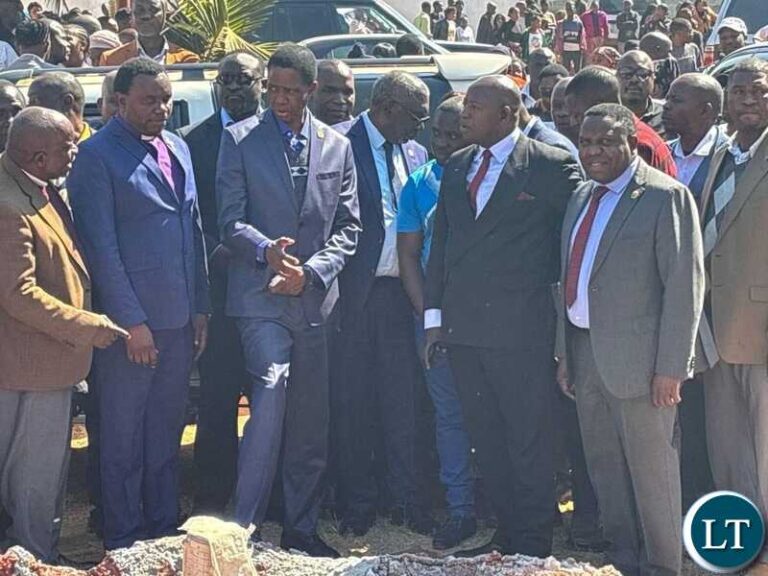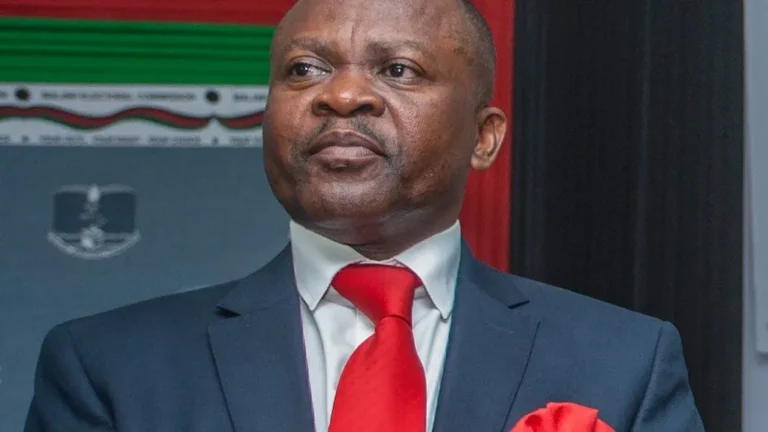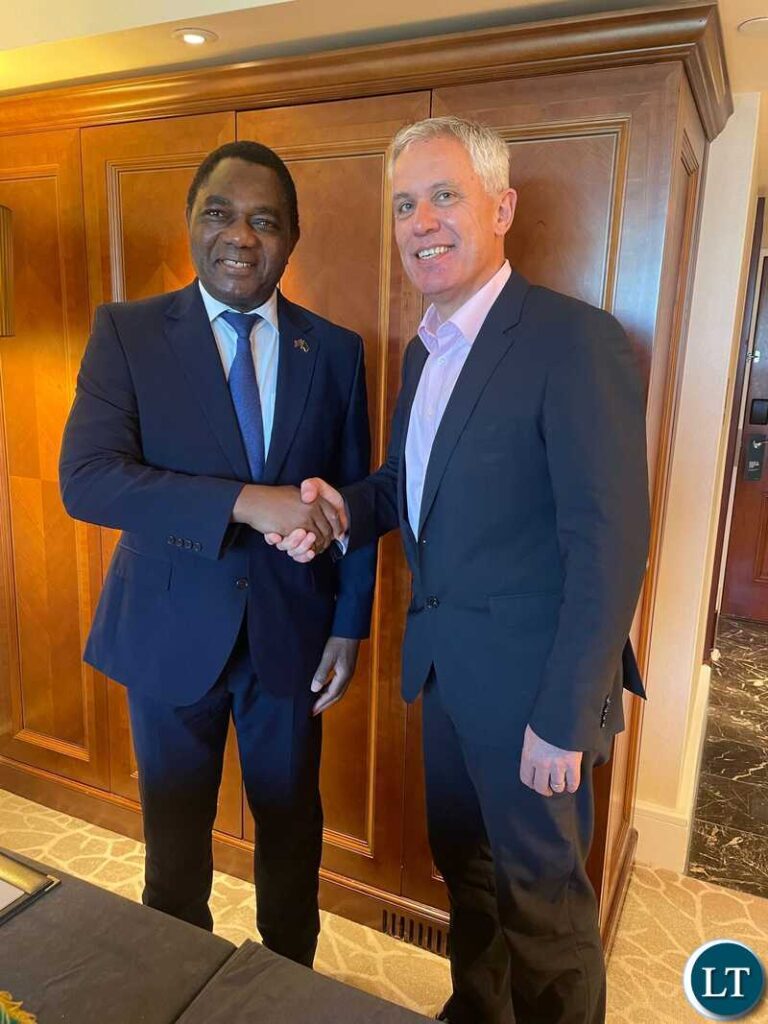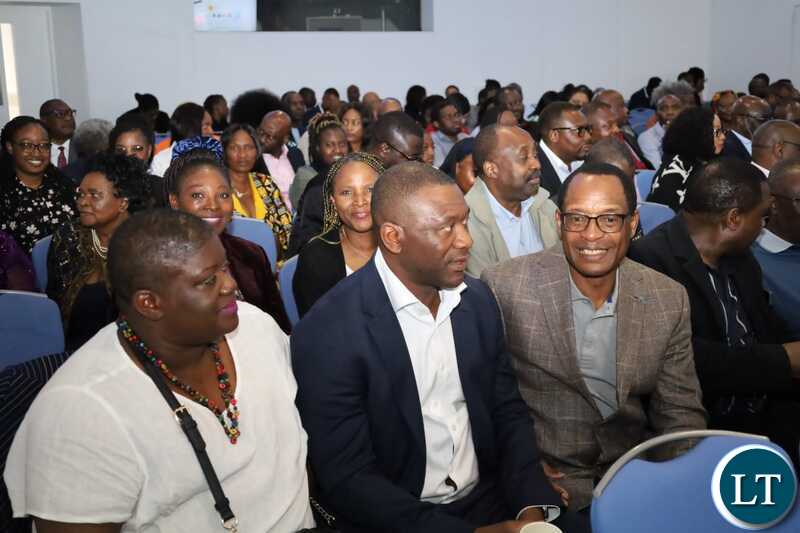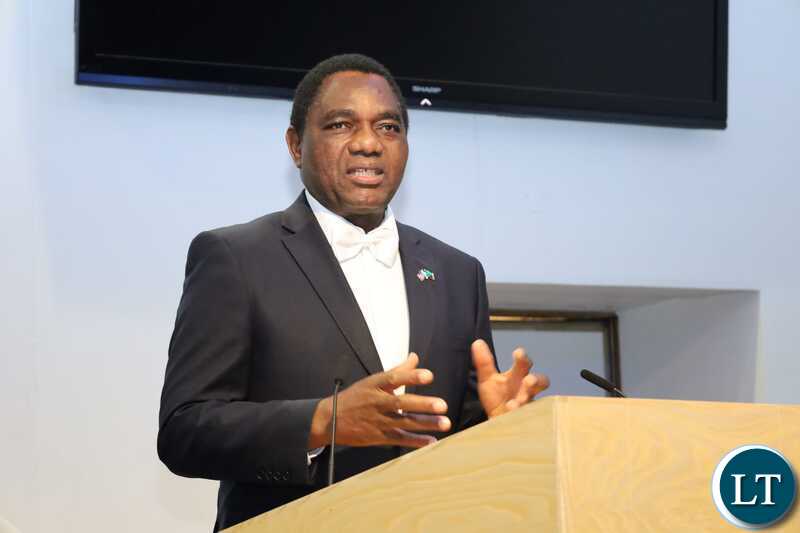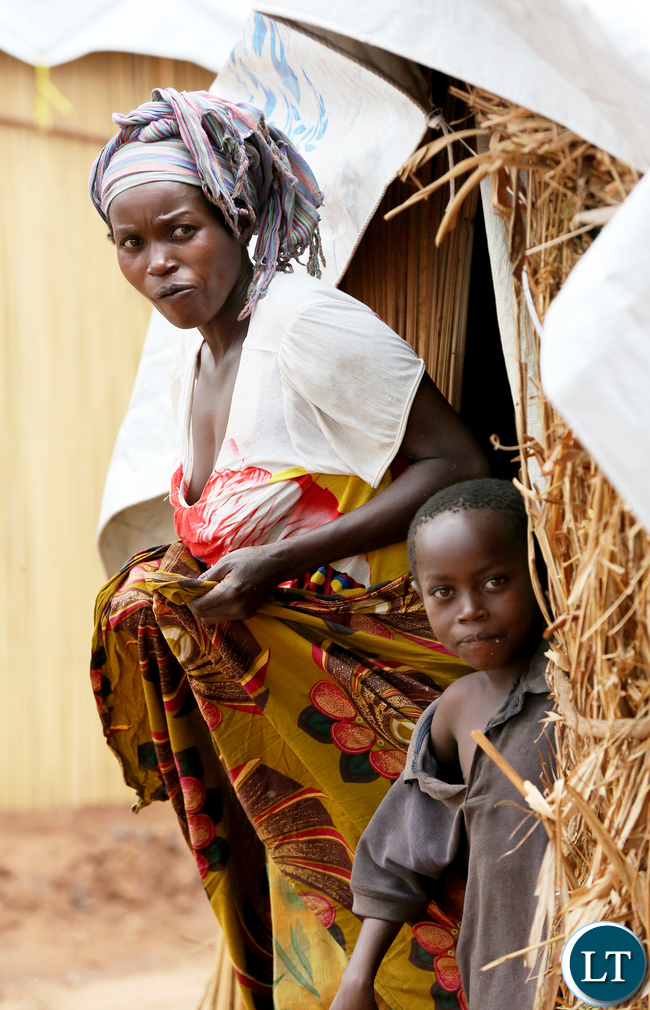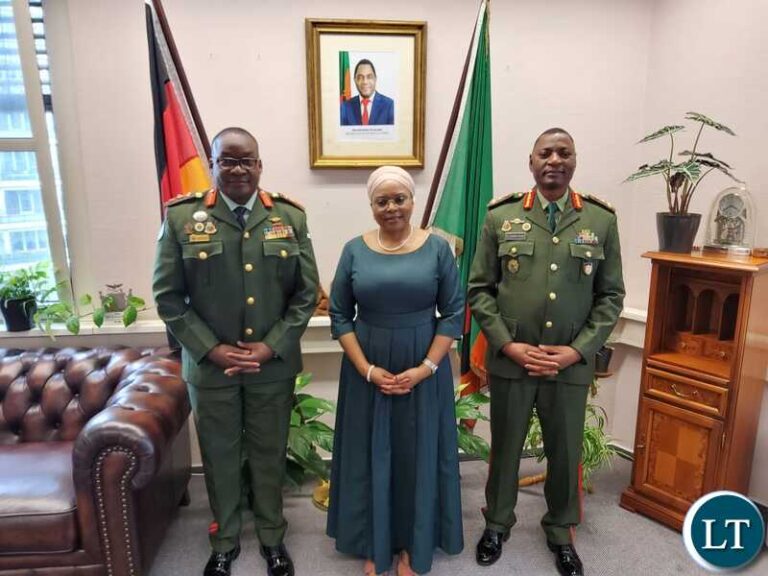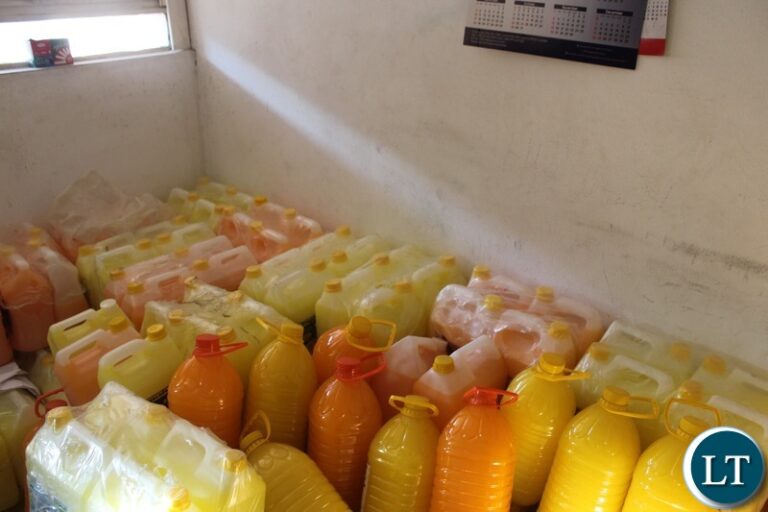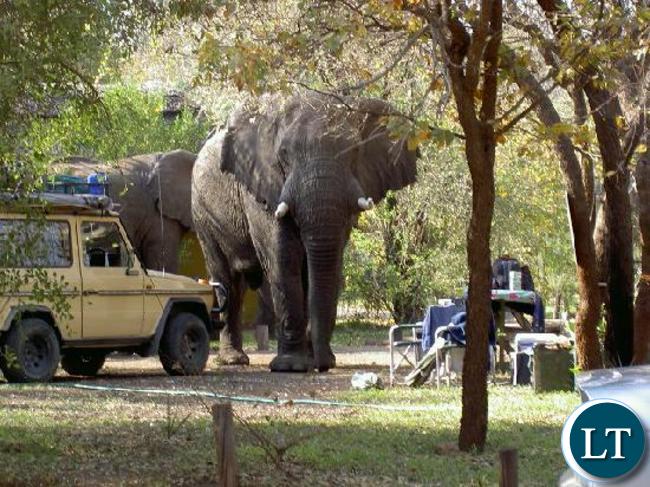Zambia’s celebrated scholar, Professor Kenneth Mwenda has likened his conferment as an Honorary Fellow at Oxford to receiving the Ballon D’Or in Football.
The Honorary Fellow at Oxford award was conferred last year in June but the official ceremony had to wait for a year and took place last Sunday at the University of Oxford in Oxford, England.
As an Honorary Fellow, Prof. Mwenda also becomes a member of the Senior Common Room (SCR) at Oxford’s Exeter College.
At 55, Prof. Mwenda is the first and only Zambian scholar to be elected as an Honorary Fellow at Oxford.
“It’s like receiving the Ballon D’Or in Football,” Prof. Mwenda, who travelled for the official ceremony last on Thursday and returned to his base in the United States of America on Monday this week where he concurrently serves as the Manager and Executive Head of the World Bank Voice Secondment Programme at the World Bank in Washington DC,USA.
“I went specifically for the monumentous Oxford dinner ceremony held in my honor,” he said.
Oxford’s Exeter College, one of the oldest and most prestigious colleges within the University of Oxford, elected Prof Mwenda for the highest honor that any Oxford college can confer on an eminently qualified person.
Founded in 1314, Oxford’s Exeter College is one of the 44 constituent colleges of the world’s leading university, the University of Oxford.
An article published on the University of Western Cape website says Honorary Fellowships at Oxford are awarded to eminently qualified and distinguished persons who have achieved the highest distinction in academia or public life.
The University of Western Cape says Honorary Fellowships at Oxford are prestigious and rare honors to recognise and celebrate the extraordinary achievements of exceptional individuals.
In a recent letter from Oxford’s Exeter College to Prof. Mwenda,informing him that the Governing Council of Oxford’s Exeter College has elected him as an Honorary Fellow of the College, the following statement was conveyed:
“This is a category of Fellowship reserved for individuals, usually with a significant connection to the College, who are both distinguished in their field and who have also contributed to society more generally. It is the highest honour that the College can bestow,and we hope that (in some small way) it serves to demonstrate the very high regard within which you are held by our community.”
Currently, Prof. Mwenda serves as Extraordinary Professor of Law at the University of Western Cape in Cape Town, South Africa, and has previously taught at the University of Warwick (UK), the University of Cape Town (South Africa), the University of Pretoria (South Africa),American University Washington College of Law (USA), Miskolc University (Hungary) and the University of Zambia.
He also continues to serve as Extraordinary Professor of Law at the University of Lusaka in Zambia.
In 1995, at a tender age of 26 years only, Prof. Mwenda became the first Zambian legal scholar to be appointed to a full-time Law Lectureship at one of the top 10 British universities, the University of Warwick.
In 2015, he gave the 2015 Distinguished Lecture at the University of Nairobi’s School of Law in Nairobi, Kenya.
Over the last three decades, Prof. Mwenda has taught at leading universities in three different continents, namely, North America,Europe and Africa.
A Rhodes Scholar and Oxford graduate, Prof. Mwenda concurrently serves as the Manager and Executive Head of the World Bank Voice Secondment Programme at the World Bank in Washington DC, USA. He has also served previously as Senior Counsel in both the Legal Vice-Presidency and Integrity Vice-Presidency of the World Bank.
In addition, at the World Bank, he has worked on almost all geographical regions of the world, covering many sectors.
Prof. Mwenda is a Fellow of the British Royal Society of Arts and a Fellow of the Zambia Academy of Sciences.
Admitted as a Fellow of the International Compliance Association in the UK and a Fellow of the British Institute of Commerce, he holds a British PhD in Law from the University of Warwick as well as a Higher
Doctorate in Law (LLD) from Rhodes University in South Africa and a second Higher Doctorate, the degree of Doctor of Economic Sciences (DSc(Econ)), from the University of Hull in the UK.
Further, Prof. Mwenda is a US-certified Anti-Money Laundering Specialist as well as a US-certified Mediator and Negotiator.
At Oxford, Professor Mwenda attended Exeter College from 1992 to 1994 and read for the famed two-year graduate law degree, the Bachelor of Civil Law (BCL I & II, now structured sequentially as a one-year BCL, followed by a one-year MPhil in Law).
He has also studied business and leadership at other leading universities such as Harvard, Yale, Stanford, INSEAD, Wharton, MIT,London Business School, Cornell, Kellogg, Georgetown and Hull.
Prof. Mwenda joins the elite ranks of other eminent and distinguished scholars as well as learned and notable statemen and statewomen who have been elected as Honorary Fellows of various colleges at Oxford.
With a great sense of humility, Professor Mwenda avers that his election to the prestigious Honorary Fellowship at Oxford has put Zambia on the world map. Looking back at the road leading to this Oxford honor, he notes further:
“This is the highest honor that a college at Oxford can confer on its alumni. As you might know, I graduated from Oxford almost thirty (30) years ago. Since then, I have maintained a sustained trajectory of notable thought-leadership. As a result, I have received many scholarly awards and honors that include the President’s Insignia of Meritorious Achievement (PIMA), two earned Higher Doctorates from two leading universities in the UK and South Africa (an unparalleled feat across the entire African continent), a competitive fellowship from Yale University Law School (that is, the best Law School in the US),the recognition as Honorary Tourism Ambassador for Zambia, and several senior academic appointments at various leading universities as
Extraordinary Professor of Law and Visiting Professor of Law.
In addition, I have published close to 30 scholarly books and more than a 100 articles in leading peer-reviewed academic journals as well as supervised and examined several PhD theses across many universities around the globe. Furthermore, I have mentored many young professionals as well as contributed meaningfully to philanthropy, educational causes and improving the lives of many young vulnerable people. Today, most of the students that I have taught and mentored are global leaders in many parts of the world, including
Zambia. So, I can safely say that my contribution to society at home and abroad has not gone unnoticed.”
In his concluding remarks, Prof. Mwenda posits that election as an Honorary Fellow of an Oxford college is not only prestigious but also a testament of how the international community views you as a leading pundit, thought-leader or public leader. He concludes by saying:
“I am eternally grateful to God, our Heavenly Father Almighty, for this rare and very prestigious honor from Oxford, as well as to all those who made it possible, especially the distinguished members of the Governing Council that elected me. I look forward to giving my best as Honorary Fellow of Exeter College at the University of Oxford.”
By Benedict Tembo



